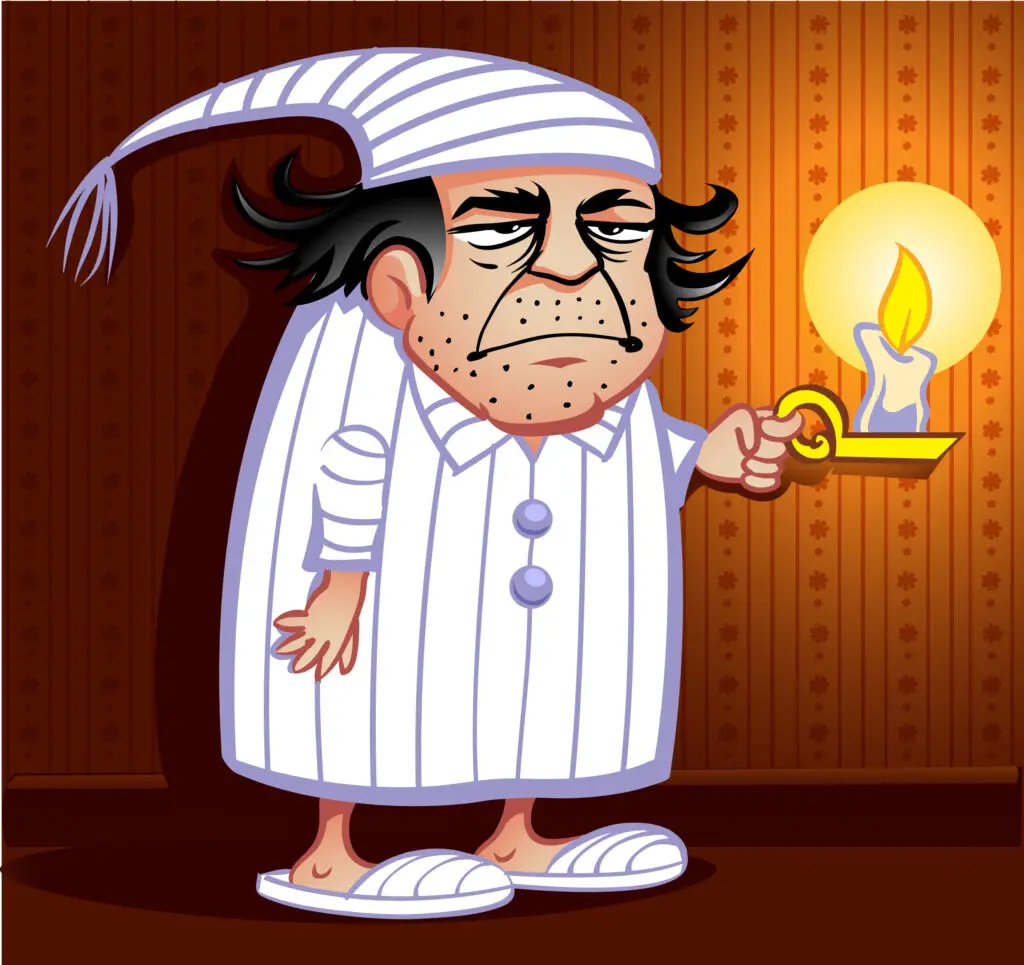
How Exercise and Sleep Are Connected
Sleep is one of the most critical—but often overlooked—pillars of lasting health. How, when, and how much you move during the day can shape the quality and length of your sleep for better or worse.
The Science Behind Exercise’s Effect On Sleep
Moderate Activity Equals Better Sleep
- Consistent, moderate-intensity exercise is proven to help people fall asleep faster, enjoy deeper slow-wave sleep, and reduce wakefulness and insomnia symptoms.
- Even just 30 minutes most days can improve sleep quality and duration, supporting healthy aging, better recovery, immune function, and sharper cognition.
- Moderate activities (walking, cycling, swimming, resistance training) can balance stress and boost mood, helping regulate melatonin, serotonin, and decrease sleep latency.
When Exercise Hurts Sleep—Overtraining & Timing
- Studies in athletes and active adults show that high-intensity exercise, especially when done late in the day, can trigger a spike in stress hormones (adrenaline and cortisol) that disrupt sleep.
- Exercise-induced insomnia may mean spending more time in bed without restful sleep, frequent waking, and difficulty falling or staying asleep, especially after vigorous training.
- Poor recovery can be linked to endurance supplements with caffeine; caffeine and stress can keep cortisol levels high for hours after training, further impairing the ability to relax and sleep.
How To Optimize Sleep and Recovery in Santa Fe
Balance Exercise and Rest
- Aim for moderate activity (30–45 minutes) most days, earlier in the day.
- Avoid intensive evening workouts; late-night high-intensity exercise delays melatonin release and keeps you alert longer.
- Support recovery with clean, protein-rich nutrition, hydration, and low sugar intake.
- Use relaxation, mindfulness, or breathwork routines to help transition into sleep, especially on tough training days.
- Take rest days or reduce intensity if sleep disruptions or increased nighttime waking occur.
Nutrition, Supplements, and Recovery Tools
Diet matters too—choose clean meals focused on protein and iron, avoid caffeine and stimulants late in the day. One cup of coffee can raise cortisol for several hours. Always listen to your body and adapt your program if sleep quality declines.
Bottom Line—Exercise for Better Sleep in Santa Fe
Exercise is vital for good sleep and overall health, but overtraining, late caffeine, and poor recovery routines are common pitfalls. Santa Fe’s active residents can enjoy high energy and restorative sleep by following science-backed habits and listening to their bodies for true wellness.
Explore healthy lifestyle, training, and recovery resources:
Healthy Living and Mind-Body Balance
Find out more @

Leave a Reply